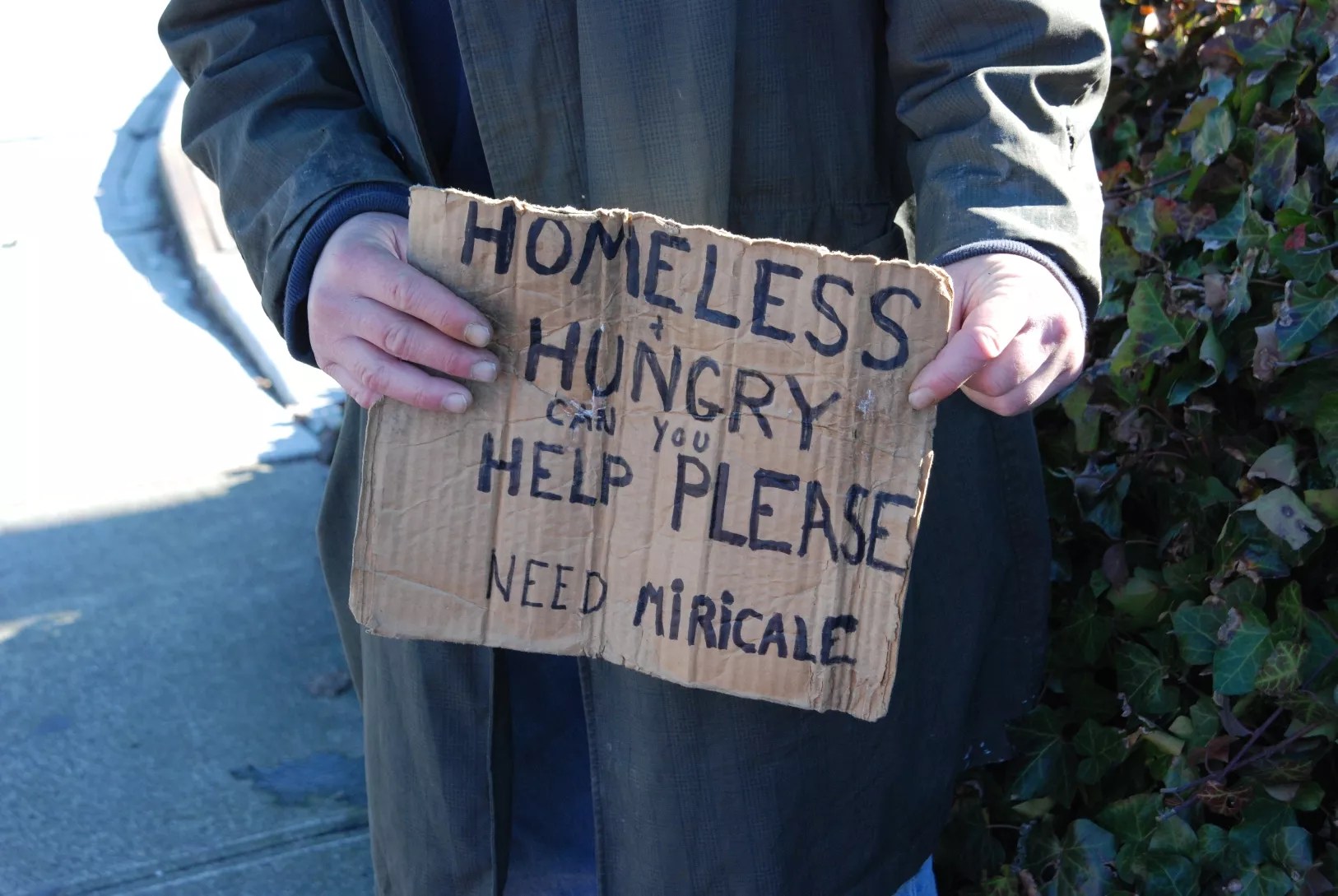

Audio By Carbonatix
A panhandling ban enacted by City of Miami Beach that was in effect for nearly a month during the pandemic was a flagrant violation of the U.S. Constitution, a group of attorneys says.
On May 16, back when Miami-Dade County was still hovering around 15,000 total cases of the novel coronavirus, Miami Beach issued a temporary ban on panhandling, making it illegal for people experiencing homelessness to ask for money or food within 50 feet of a business. The ban was initially set to stay in effect for only five days but was later extended along with the city’s other emergency measures until June 24.
Despite the fact that the ban expired on June 24, the city continued to incorporate it in subsequent emergency orders. Confusingly, the ban was included in the city’s renewed emergency order from July 8, which remained in effect until this past Tuesday.
In the letter sent to the city Monday, lawyers with the American Civil Liberties Union, the National Law Center on Homelessness and Poverty, Southern Legal Counsel, and the Community Justice Project called the ban a “clear-cut violation of the First Amendment.”
“Although it is framed as protecting the public from Covid-19, selectively suppressing speech based on its content is intrinsically incapable of slowing the spread of disease,” the letter reads. “The City’s position that an emergency allows the government to censor speech based on its content is deeply alarming. No court has upheld such an extreme and dangerous view.”
Eric Tars, legal director for the National Law Center on Homelessness and Poverty, tells New Times that his organization has been tracking cities’ responses to homelessness amid the spread of COVID-19.
Of the 500 cities it followed, Miami Beach was the only one that attempted to pass a new panhandling ban during the pandemic.
“Miami Beach taxpayers should be outraged that their elected officials are spending their time passing clearly unconstitutional laws that only make it harder to end homelessness during a crisis that demands they be working to find adequate housing for all people experiencing homelessness so they can safely shelter in place,” Tars writes in an email to New Times.
One day after the attorneys penned the letter to Miami Beach, the city quietly amended its latest emergency order to remove the panhandling ban. In an email to New Times – sent an hour after the revision was made on Tuesday – Mayor Dan Gelber confirmed that the ban had not been in effect since June 24.
Stephen Schnably, an ACLU attorney and law professor at the University of Miami who co-signed the letter, questions the city’s decision to continuously include the ban in the city’s weekly emergency orders in spite of its expiration.
Schnably says if the city no longer intended to have a ban on panhandling, then it simply should have removed it entirely from the emergency order. Instead, the city offered little clarity on the status of the ban, he says.
“All that continuing to include it in the text can do is create confusion at best, and it might well lead the police to still be ‘warning’ people that they’re violating the panhandling ban,” Schnably wrote in a text message to New Times.
Gelber has not yet responded to follow-up questions from New Times about whether the city intended to include the inactive panhandling ban in emergency orders after June 24.
In a June 9 meeting, Miami Beach police officials assured the city’s homeless committee that they were not actively arresting people for violating the panhandling ban but instead using it as a “compliance” tool.
Miami Beach Police Department spokesperson Ernesto Rodriguez confirmed to New Times that no arrests were made based on the ban.
But Schnably maintains that while the city was not arresting people, it was still using the ban to exercise force and police power over people experiencing homelessness. He argues that the ordinance shouldn’t have been enacted in the first place.
“If they’re passing an ordinance that is clearly unconstitutional and then saying, ‘Well, it’s OK because we don’t arrest anybody’… I think it’s a harm to the homeless individual’s rights and it’s also a harm to the old rule of law,” Schnably says.
The City of Miami Beach, as noted in the attorneys’ letter, has been notorious in its efforts to further complicate the lives of homeless individuals in the city by refusing to allow homeless shelters or participate in the countywide meals tax to support homeless services. The city even hired its own prosecutor who has focused on targeting homeless individuals in Miami Beach for minor crimes, the letter says.